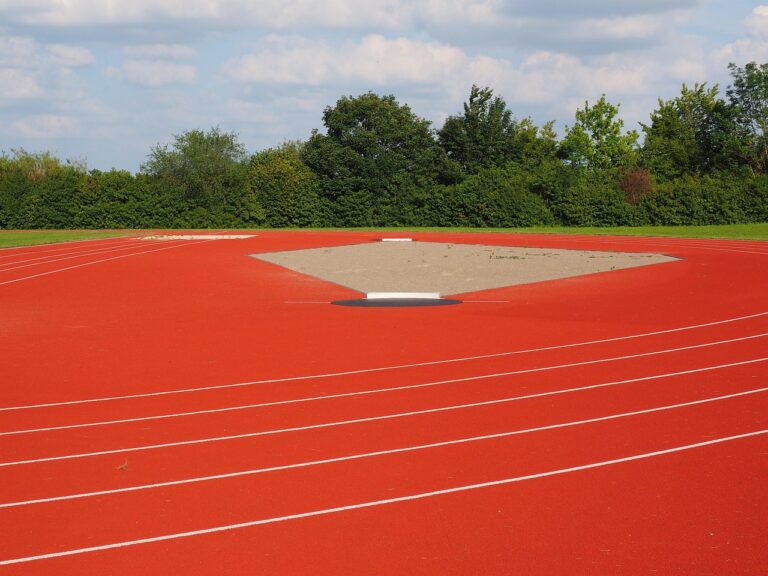The Role of Occupational Therapy in Pediatric Development
As children grow and develop, they reach important milestones in various areas such as motor skills, communication, cognitive abilities, and social interactions. These developmental stages typically follow a predictable sequence, but each child progresses at their own pace. The various stages of child development are interconnected, with advancements in one area often influencing progress in another.
Observing and monitoring children’s development is crucial for early identification of any potential delays or issues. Early intervention can help address developmental challenges and provide support to promote optimal growth and learning. Parents, caregivers, and healthcare professionals play a vital role in nurturing and supporting children as they navigate through the different stages of pediatric development.
Understanding Occupational Therapy
Occupational therapy is a vital aspect of pediatric care that aims to help children develop the necessary skills to engage effectively in day-to-day activities. Through a holistic and personalized approach, occupational therapists work with children to enhance their cognitive, physical, sensory, and emotional abilities to promote independence and quality of life. This type of therapy focuses on enabling children to participate in activities that are meaningful and essential for their growth and development.
By utilizing various therapeutic techniques and activities, occupational therapists create tailored interventions to address specific challenges that children may face in their daily routines. These interventions are designed to improve a child’s motor skills, sensory processing, social interactions, and self-care abilities, ultimately enabling them to thrive and reach their full potential. Occupational therapy plays a crucial role in supporting children with developmental delays, disabilities, sensory processing disorders, and other conditions that impact their ability to function independently in various environments.
Common Pediatric Developmental Issues
Children may face various developmental issues that can impact their growth and daily functioning. One common issue is speech and language delays, where children may struggle with communicating effectively. Early intervention through speech therapy can greatly benefit these children in improving their communication skills.
Another prevalent developmental issue is sensory processing disorder, which affects how children process and respond to sensory information. This can lead to difficulties in regulating emotions, attention, and behavior. Occupational therapy can assist children in developing coping mechanisms and improving their sensory processing abilities.
What is pediatric development?
Pediatric development refers to the physical, cognitive, emotional, and social growth and maturation of children from birth through adolescence.
What is occupational therapy and how does it relate to pediatric development?
Occupational therapy is a type of therapy that helps individuals develop the skills they need to perform daily tasks and activities. In the case of pediatric development, occupational therapy can help children with various developmental issues improve their motor skills, sensory processing, and overall independence.
What are some common pediatric developmental issues?
Some common pediatric developmental issues include speech and language delays, motor skill delays, sensory processing issues, autism spectrum disorder, attention deficit hyperactivity disorder (ADHD), and learning disabilities.
How can parents and caregivers help children with developmental issues?
Parents and caregivers can help children with developmental issues by seeking early intervention services, working closely with healthcare professionals, providing a supportive and nurturing environment, and engaging in activities that promote growth and development.
Are there specific warning signs to look out for in children with developmental issues?
Yes, some warning signs to look out for in children with developmental issues include delayed milestones, difficulty communicating or interacting with others, persistent behavior problems, and struggles with academic tasks. It’s important to consult with a healthcare professional if you have concerns about your child’s development.







